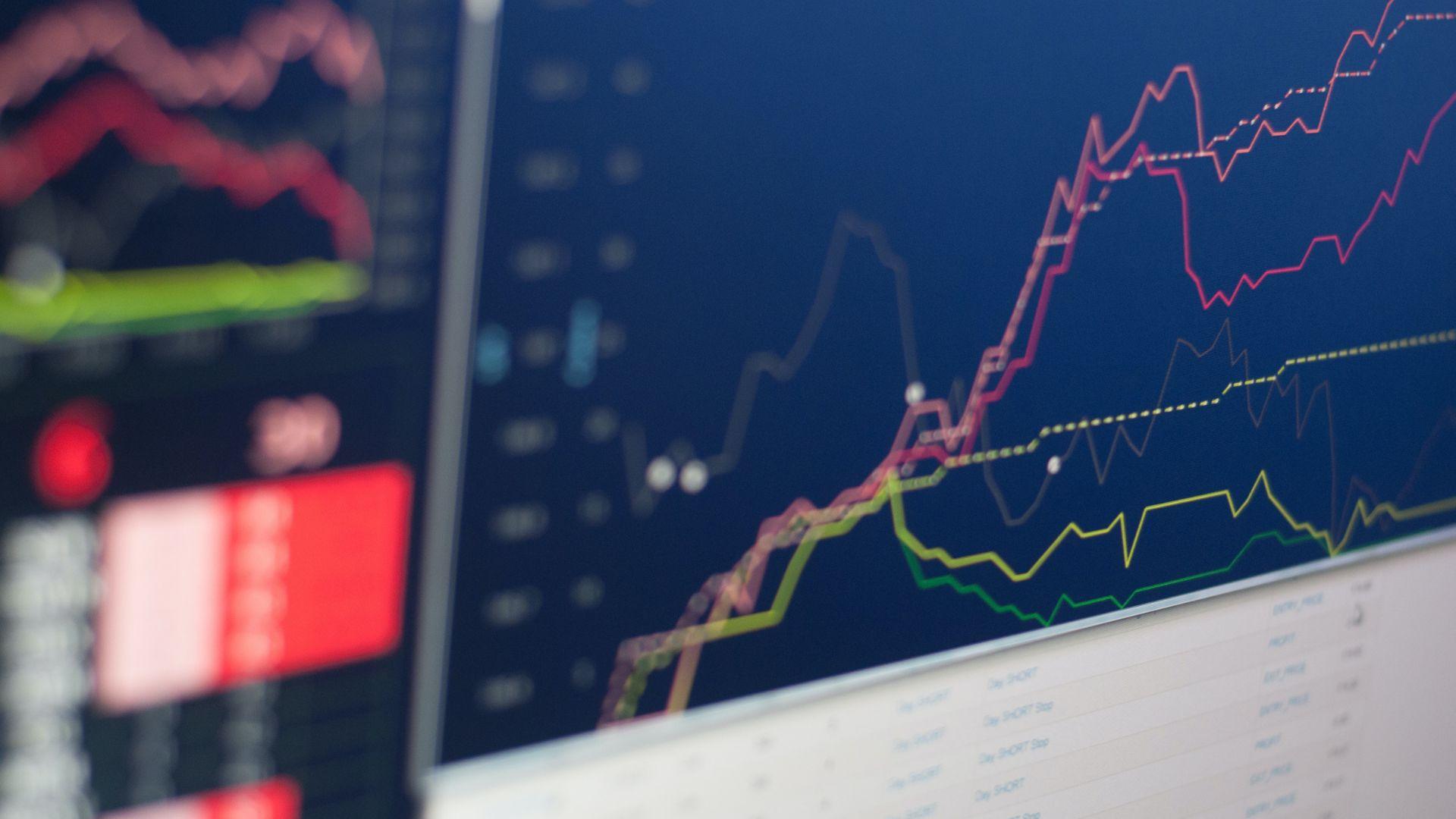In 2023, the global economy defied expectations of a recession. Contrary to the predictions of an economic downturn due to central bankers combating high inflation, the global gross domestic product (GDP) has likely grown by approximately 3%.
This data comes to us from The Economist. This growth is accompanied by robust job markets and a decrease in inflation. Additionally, stock markets have seen a notable increase of about 20%.
Evaluating Economic and Financial Indicators

The Economist conducted an analysis using five key economic and financial indicators: inflation, inflation breadth, GDP, employment, and stock market performance.
This study included 35 primarily wealthy nations. Each country was scored based on its performance in these areas, leading to a diverse range of results. The Economist reports, “We have ranked them according to how well they have done on these measures, creating an overall score for each.”
Geographical Disparities in Economic Performance

2023 witnessed significant geographical disparities in economic performance. While some countries excelled, others lagged behind. The standout economies were mostly found in the Americas, with countries like the United States, Canada, and Chile showing strong performances.
Conversely, European countries, including Britain, Germany, Sweden, and Finland, were among the weaker performers, indicating a clear divide in economic success across continents.
The Challenge of Inflation in 2023

One of the major economic challenges in 2023 was managing inflation. Countries like Japan and South Korea effectively controlled inflation, while others faced more severe pressures.
The Economist notes, “In Switzerland, core prices rose by just 1.3% year on year.” Meanwhile, nations like Hungary and Finland struggled with higher rates of core inflation, emphasizing the varying degrees of economic management across countries.
Inflation Breadth as a Measure of Economic Health

Inflation breadth, which assesses the proportion of consumer goods experiencing price increases, served as a critical measure of economic health in 2023. Countries that had previously increased interest rates, like Chile and South Korea, witnessed benefits in terms of reduced inflation breadth.
The Economist explains, “In South Korea, inflation breadth has fallen from 73% to 60%.” This metric demonstrates the effectiveness of early and decisive monetary policy actions.
Employment and GDP Growth in 2023

In 2023, the growth in employment and GDP did not reach remarkable heights, but only a few countries experienced a decline.
As a consequence of facing specific challenges like the energy price shock and Brexit aftermath, countries like Ireland, Britain, and Germany experienced a decline in GDP, with Ireland facing a drop of 4.1%. It should be noted that GDP only offers a limited insight into the size of the Irish economy.
The United States’ Economic Resilience

The United States demonstrated notable economic resilience in 2023. Benefiting from high levels of energy production and the effects of substantial fiscal stimulus in previous years, the U.S. saw positive growth in both GDP and employment.
This performance highlights the country’s ability to navigate economic challenges effectively.
The Role of Global Partnerships in Economic Performance

2023 highlighted the significance of global economic partnerships.
Canada’s employment growth and Israel’s overall economic performance, despite regional conflicts, were bolstered by strong trade relationships, particularly with the United States. These examples illustrate the impact of international trade and collaboration on national economies.
Stock Market Performance: A Varied Picture

The stock market in 2023 presented a varied picture across different countries. While some markets like the U.S. and Australia were expected to perform well, they only achieved moderate success when adjusted for inflation.
The Economist called the U.S. “a middling performer.” This reflects the complex and often unpredictable nature of stock market movements.
Japan’s Stock Market: A Year of Growth

Japan’s stock market experienced significant growth in 2023, rising nearly 20% in real terms. This growth marks a notable turnaround and revival of investor confidence in the Japanese market.
It represents a positive shift in the economic landscape of the country, demonstrating the dynamic nature of global financial markets.
Stock Market Trends: Surprises and Recoveries

The global stock market in 2023 was characterized by unexpected trends and recoveries. While some markets underperformed, others saw remarkable gains.
This variability in market performance illustrates the diverse economic conditions and investor sentiments across different regions and countries.
The Top Economic Performer of 2023

The comprehensive analysis conducted by The Economist reveals a surprising top performer in the 2023 global economy. Against all odds, Greece emerged as the leading economy. The Economist wrote, “Top of the charts, for the second year running, is Greece — a remarkable result for an economy that was until recently a byword for mismanagement.”
This marks a significant turnaround for a country that had previously struggled with severe economic challenges, showcasing the potential for recovery and growth even in the most unlikely circumstances.
